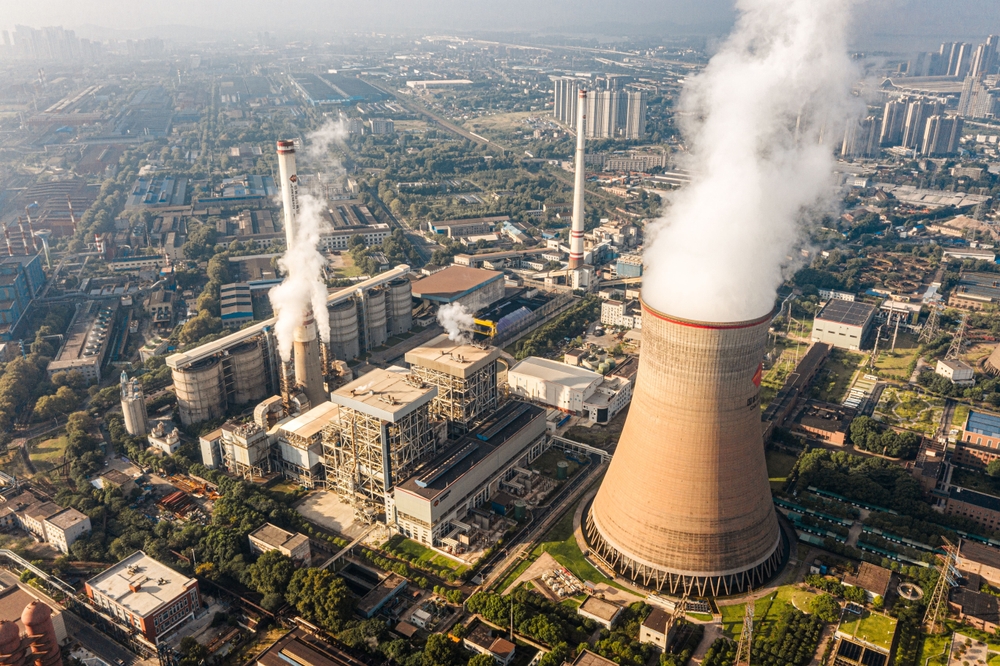Dukovany Expansion Takes Shape
Czechia aims to produce up to 60 percent of electricity from nuclear power by 2050. Engineers are building two new reactors at the Dukovany plant. Mobile drilling rigs extract samples 140 meters underground to ensure the site suits the $19 billion project. Officials expect the expansion to double nuclear output and cement Czechia’s role as one of Europe’s most nuclear-dependent nations.
South Korea’s KHNP won the construction contract over France’s EDF. Each new reactor will generate more than 1,000 megawatts and operate alongside Dukovany’s four 512-MW reactors from the 1980s. Officials plan to build two additional reactors at Temelín, where two 1,000-MW units already operate. Later, the government intends to deploy small modular reactors.
Petr Závodský, Dukovany project CEO, says nuclear energy will supply 50 to 60 percent of Czech electricity by 2050. He emphasizes the need to reduce fossil fuel use, ensure stable energy supply, and meet rising electricity demand from data centers and electric vehicles.
Nuclear Surges Across Europe
Europe’s growing energy demand and stricter climate rules are reviving interest in nuclear power. Nuclear plants produce waste but no carbon emissions, unlike fossil fuels.
The European Union approved nuclear energy in its sustainability framework, opening financing for member nations. Czechia, Slovakia, Hungary, and France benefit from this support. Belgium and Sweden reversed nuclear phase-out plans, while Denmark and Italy are reconsidering their decisions. Poland signed a deal with Westinghouse to build three reactors, joining 12 nuclear-friendly EU nations.
The EU generated 24 percent of electricity from nuclear power in 2024. Britain also plans major nuclear investments, signing a U.S. cooperation deal and committing £14.2 billion to Sizewell C, the first UK nuclear plant since 1995. CEZ partnered with Rolls-Royce SMR to deploy small modular reactors.
Costs, Challenges, and Opposition
The Dukovany expansion will cost over €16 billion, with the government acquiring an 80 percent stake. Officials will secure a loan for CEZ to repay over 30 years and guarantee stable revenue for 40 years. EU approval is expected under climate-neutral policies.
Závodský warns coal replacement is urgent, as coal still generates 40 percent of Czech electricity. The government plans to phase out coal by 2033. Previous financial uncertainty delayed expansion; in 2014, CEZ canceled a Temelín tender due to lack of government guarantees.
Officials excluded Russia’s Rosatom and China’s CNG for security reasons. CEZ signed fuel supply contracts with Westinghouse and France’s Framatome, eliminating Russian dependence. KHNP will provide fuel for 10 years.
Critics still question nuclear power. Friends of the Earth argue the project costs too much and lacks permanent waste storage. Austria, near Dukovany and Temelín, abandoned nuclear energy after Chernobyl and opposes Czech small modular reactor plans. In 2000, Temelín protests sparked a political crisis and blocked border crossings.
Despite support from citizens and EU policy, Czechia must balance costs, environmental concerns, and regional opposition to achieve its nuclear ambitions.



